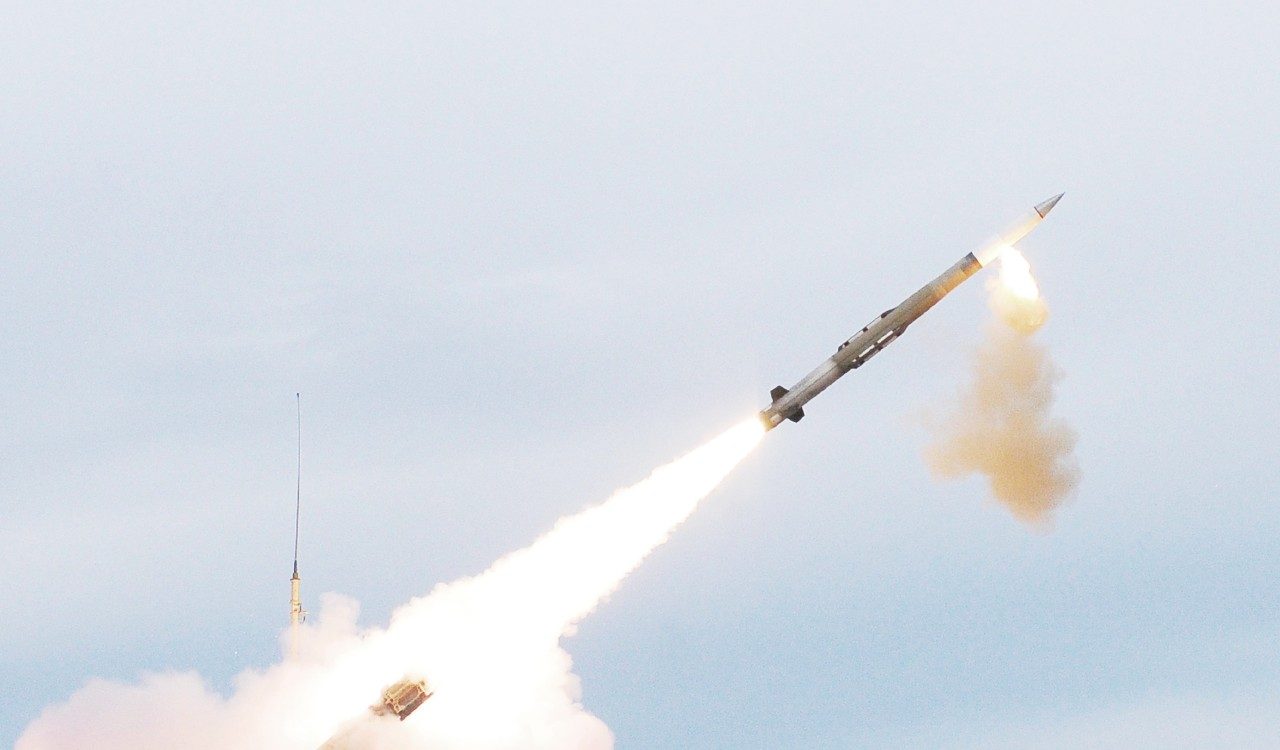
When U.S. prosecutors charged an Apple Inc. engineer in January with stealing trade secrets for a Chinese startup, a search of his home turned up something else, they said: a classified file from the Patriot missile program that belonged to his ex-employer, Raytheon Co
The discovery has added a striking national security wrinkle to an otherwise routine corporate espionage case, and the government says it merits keeping Jizhong Chen under close scrutiny
The Patriot document was discovered among numerous electronic devices and paper files from Chen’s former employers including General Electric -- some of which were stamped “confidential,” according to prosecutors
Chen, a U.S. citizen who was arrested on his way to catch a flight to China, is awaiting trial on charges that he collected photos, schematics and manuals from his work on Apple’s tightly guarded self-driving car project as he prepared to take a job with an unidentified rival
He has pleaded not guilty and remains free on $500,000 bail. But prosecutors argue the stash of sensitive data found in Maryland justifies subjecting him to location monitoring with an electronic device so he doesn’t disappear before his trial
Lawyers representing Chen and a second former Apple engineer facing similar charges -- who is also fighting prosecutors over the need for location monitoring -- contend the government is exaggerating the risk they’ll try to flee
The 2011 document relating to one of Raytheon’s best-known weapons was so secret that it “was not (and is not) permitted to be maintained outside of Department of Defense secured locations,” prosecutors said in an Oct. 29 filing that hasn’t previously been reported on by the media. Chen “has, for over eight years, illegally possessed classified national security materials taken from a former employer.”
How a classified document ended up at an engineer’s home raises provocative questions, but they’re unlikely be answered in open court at a hearing set for Monday. A prosecutor and an attorney for Chen both declined to comment ahead of the hearing. A Raytheon spokeswoman didn’t respond to a request for comment.
After prosecutors first raised concerns about the evidence they found in Maryland, a magistrate judge agreed in March to extend an electronic monitoring requirement to give the government time to investigate. She finally ordered an end to the monitoring in October -- and prosecutors are now asking a district judge to overrule her
Lawyers for Chen say prosecutors have had enough time to present further evidence of criminal conduct. They also note that the federal office that supervises defendants on probation has concluded monitoring is no longer necessary because Chen has complied with all the conditions of his release and found full-time employment
Daniel Olmos represents both Chen and Zhang Xiaolang, who also worked on Apple’s autonomous driving project before he was arrested in July 2018 and accused of trying to take the company’s trade secrets to China-based XMotors. The lawyer makes an argument that goes to the heart of the cases against both men: There’s no evidence that Apple’s intellectual property was shared with a third party. That’s significant because possession of the information alone isn’t necessarily a crime
Olmos also contends that each of the engineers has strong ties in the U.S. and the trips they were about to take to China when they were arrested were planned for the purpose of visiting relatives, not escaping prosecution
“The government’s argument that Mr. Zhang poses a flight risk because he is a Chinese citizen is insufficient to warrant GPS monitoring,” Olmos said in a filing. “Mr. Zhang has full-time employment, a new family, and no travel documents.”
The cases are U.S. v. Chen, 19-cr-00056, and U.S. v. Zhang, 18-cr-00312, U.S. District Court, Northern District of California (San Jose)

Former Apple engineer had classified Patriot file in his possession - Alert 5
A former Apple engineer who is being charged with stealing trade secrets was found to have possessed a classified file containing information on the Patriot missile. Chen Jizhong, a naturalize U.S. citizen, was a former employee of Raytheon, the manufacturer of the Patriot. For more information...
alert5.com
